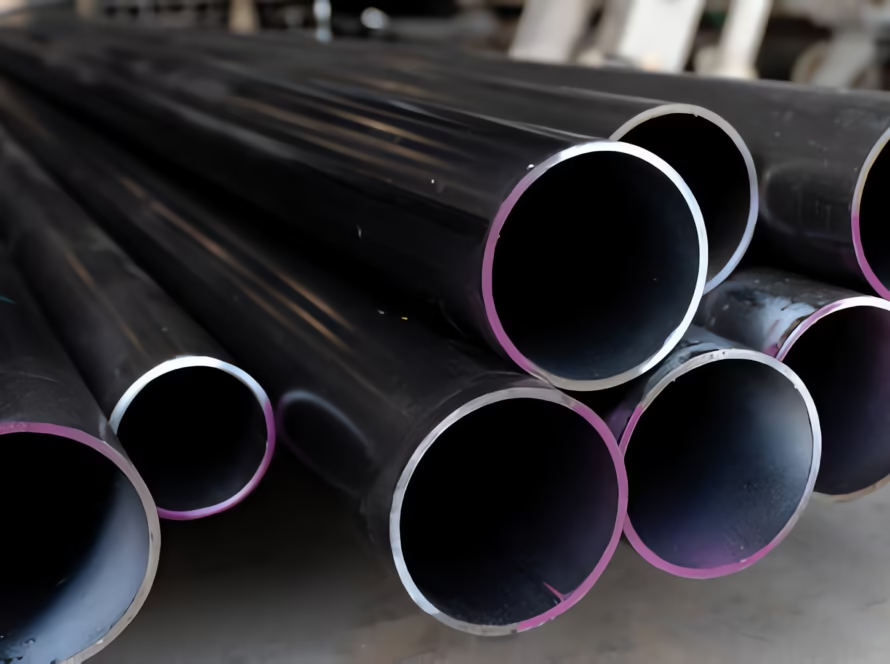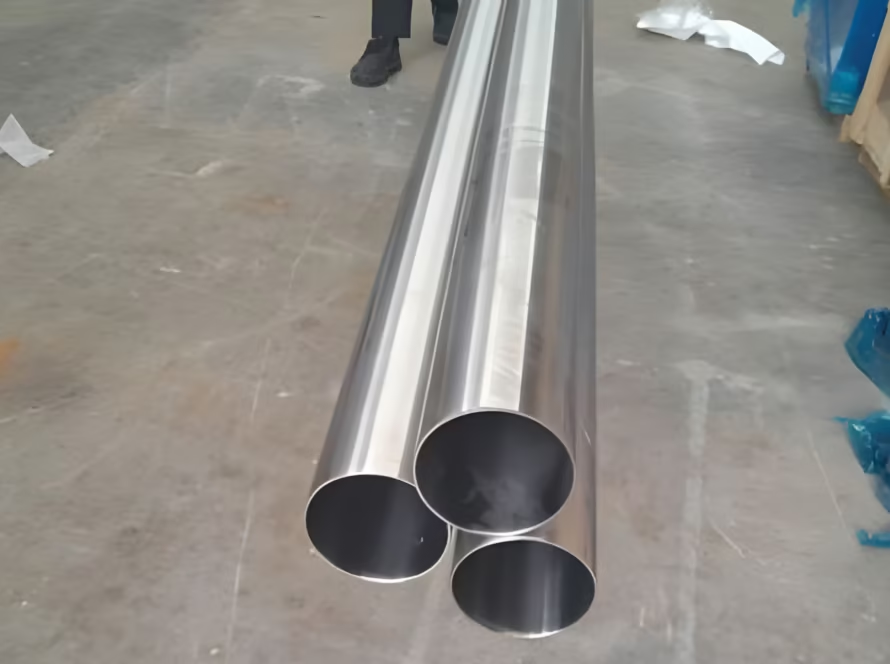Why Is Carbon Steel Used In Boiler Tubes?
Boiler tubes are critical components in various industrial applications, particularly in power generation and heating systems. The choice of material for these tubes is crucial, as it affects the efficiency, safety, and longevity of the boiler system. Carbon steel is a popular choice for boiler tubes, and this article explores the reasons behind its widespread use by addressing three key questions.
1. What Are the Properties of Carbon Steel That Make It Suitable for Boiler Tubes?
Carbon Steel Boiler Tube is an alloy primarily composed of iron and carbon, with trace amounts of other elements. Its properties make it particularly suitable for use in boiler tubes:
-
High Strength and Durability: Carbon steel is known for its high tensile strength, which allows it to withstand high pressures and temperatures. This is essential for boiler tubes that operate under extreme conditions.
-
Thermal Conductivity: Carbon steel has good thermal conductivity, which is crucial for efficient heat transfer in boiler systems. This property ensures that heat is effectively transferred from the combustion gases to the water or steam inside the tubes.
-
Cost-Effectiveness: Compared to other materials like stainless steel or exotic alloys, carbon steel is relatively inexpensive. This makes it an economical choice for large-scale applications where cost is a significant consideration.
-
Ease of Fabrication and Maintenance: Carbon steel is easy to fabricate, weld, and maintain, which simplifies the manufacturing and repair processes for boiler tubes.
2. How Does Carbon Steel Perform Under High-Temperature and High-Pressure Conditions?
Carbon Steel Boiler Tube are subjected to high temperatures and pressures, which can lead to material degradation over time. Carbon steel performs well under these conditions due to the following reasons:
-
Resistance to Thermal Fatigue: Carbon steel can withstand the cyclic thermal stresses that occur during the heating and cooling cycles of a boiler system. This resistance to thermal fatigue helps prevent cracking and prolongs the lifespan of the tubes.
-
Pressure Resistance: The mechanical properties of carbon steel allow it to maintain structural integrity under high pressure, reducing the risk of tube failure and ensuring safe operation.
-
Oxidation Resistance: While not as resistant to oxidation as stainless steel, carbon steel can be treated with protective coatings to enhance its resistance to oxidation and corrosion at high temperatures.
3. Are There Any Limitations to Using Carbon Steel in Boiler Tubes?
While carbon steel is a popular choice, it does have some limitations:
-
Corrosion Susceptibility: Carbon steel is more susceptible to corrosion compared to stainless steel. In environments with high moisture or corrosive substances, additional protective measures, such as coatings or inhibitors, may be necessary.
-
Temperature Limitations: Carbon steel has a lower temperature threshold compared to some high-performance alloys. For applications involving extremely high temperatures, alternative materials may be required.
-
Brittleness at Low Temperatures: At very low temperatures, carbon steel can become brittle, which may limit its use in certain applications.
Conclusion
Carbon steel is widely used in boiler tubes due to its high strength, good thermal conductivity, cost-effectiveness, and ease of fabrication. It performs well under high-temperature and high-pressure conditions, making it a reliable choice for many industrial applications. However, its susceptibility to corrosion and temperature limitations must be considered, and appropriate protective measures should be implemented when necessary. Overall, the advantages of carbon steel make it a preferred material for boiler tubes in a variety of settings.







